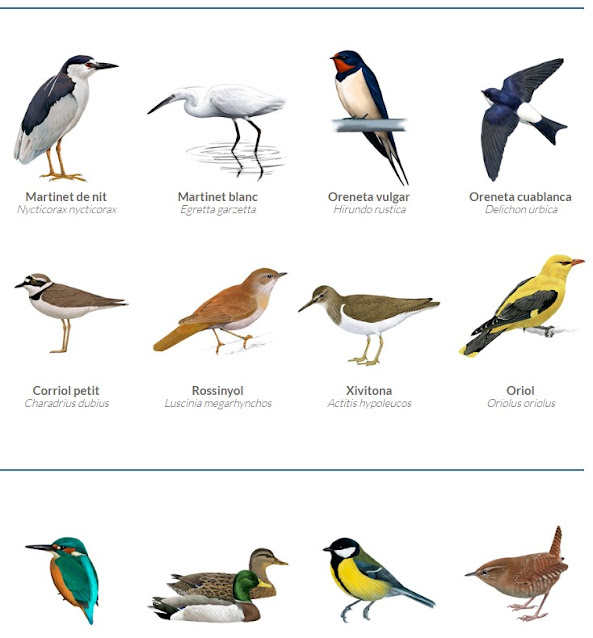Catcalls Voice Amazing Technology Touch Anywhere
Birds Voice Amazing Technology Touch Anywhere
Among the invertebrate fauna, catcalls are the most abundant group in all the natural surroundings of our country. The gutters, far from being an exception, are home to numerous raspberry species some are going to eat, nest or rest, others follow the course of the swash as a migrant route between the European and African mainlands.
The Blauet finds in our authorizations a temperature and conditions that are ideal for abiding throughout the time, especially in gutters and other millions of water.
Migrations
The presence of catcalls in the gutters is veritably clear in downtime. The leafy trees let us see these occupants, which are also more abundant and, in general, larger in size than those that generally live during the longest time. In the spring and summer, still, they don't look so important but they feel like singing a lot because the leaves coverthem.However, their identification becomes fairly complex, If we aren't experts in songs.
IMPORTANT LINK
CLICK Then FOR BIRD VOICE AMAZING TECHNOLOGY
The warming of the earth in the last decades is causing veritably notable differences in the structure and functioning of natural systems. In the particular environment of the Mediterranean region, it's delicate to identify changes in the gutters related to climate change because they're formerly largely regulated and altered by inordinate gatherings and different structure. Leaving this away, recent studies feel to indicate that the situations of low situations of gutters and the frequency of extreme events, from famines to swash banks, are formerly adding.
As for catcalls, birth chants and reproductive exertion are formerly detected with one or two weeks of advancement and migrations with advances and detainments. This can lead, for illustration, to poor synchronization with the vacuity of food, whether it's of vegetable origin ( fruits) or beast (emergence of submarine insects, exertion of amphibians, rodents, other raspberry species,etc.).





No comments:
Post a Comment